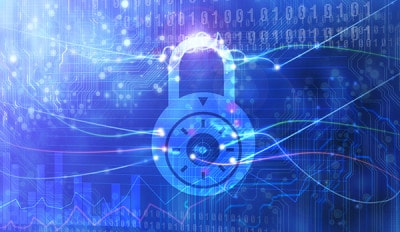Key Security Tips for Your Increased Safety
The internet is never completely safe, but there are internet practices that can make it safer, and they begin with YOU.
Credentials/Passwords
- Never give out login credentials (over the phone, in person, or by email)
- Use a different password for EVERY website
- Try using passphrases like “I love getting to work at 7:00!” instead of complicated passwords
- Install a password manager to keep track of all your logins, then upgrade your passwords – so each one is a different, random collection of characters (the software should help with this)
Email/Web
- Be wary of items from unknown sources, and of suspicious links even from trusted sources
- WHEN IN DOUBT, CHUCK IT OUT!
- Stop. Think twice. Click. Be suspicious of items from unknown sources; hover over a link to confirm its actual destination.
- Don’t post ANY information that could harm you or your employer
- Don’t post too many personal details – such as when you’re going to be out of town, or pictures of valuable jewelry and its location
- Avoid using OPEN Wifi. Remember that almost everything you post can be seen in clear text, so avoid online banking or logging into critical systems, and if you have to, use VPN
Diligence
- Make sure guests check in when they enter buildings, and don’t hold/prop doors open
- Be cautious when taking an order from a new person within an existing account, and verify he/she is authorized to place an order
- Don’t leave your computer unlocked when away, and don’t leave devices unattended in public
- Save files you don’t want to lose to servers
- Don’t plug in USB devices you don’t know, because that alone can allow malware to be installed
Reporting
- Report a lost device that’s owned by your employer, or has your employer data on it, immediately
- Don’t wait to report a security incident (like a scam email with YOUR login credentials) to IT
- Suspect phishing or malware? Notify IT immediately

